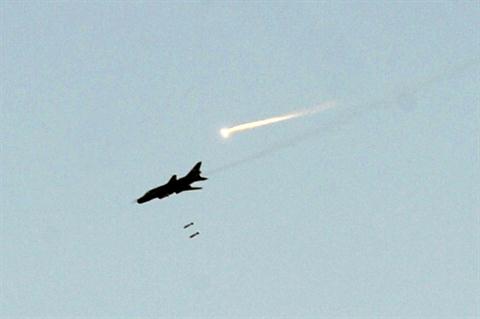Egypt’s President Abdel Fattah Al-Sisi followed up on the position of the state’s strategic stocks of basic food commodities on Sunday to plan ahead given the current global food crisis.
This came in a meeting with Prime Minister Mostafa Madbouly, Minister of Supply and Internal Trade Ali Meselhi, and Major-General Walid Abu Al-Majd — Director-General of the National Service Projects Agency of the Armed Forces.
During the meeting, Meselhi reviewed the status of the strategic stocks of wheat, sugar, corn, oil, and rice, the reserves of which are sufficient for a period of four to six months, in addition to the availability of fresh meat and poultry, which is sufficient for a full year.
Al-Sisi then directed to maintain the continuity of the state’s strategic stock of basic food commodities, as well as to maximise the added value of storing commodities from the series of strategic silos that were established throughout the republic with the aim of maintaining the stability of the state’s food security position by meeting the needs of citizens in convenient quantities.
The president also followed the developments of the 2022/23 season of wheat cultivation, directing to set a supply price for wheat to achieve a profitable economic return for farmers and foster an increase in the quantities of wheat supply.
Moreover, Abu Al-Majd presented the executive position of a number of agricultural reclamation projects nationwide, especially the Wadi Al-Sheeh farm in Assiut, which includes wheat cultivation with the best precision digital farming technology, along with a number of other crops, such as citrus and corn.
It also includes an animal, poultry, and fish production farm, as well as a number of factories that aim to maximise the value of crops on the farm.
The president was also briefed on the developments of the nitrogen fertiliser complex in Ain Sokhna, which includes six diverse factories to cover local production and export in cooperation with the long-standing German expertise.
He also followed up on the executive position of the project to feed the country’s student during the current school year, both in terms of the contents of the meal, the cost of its production, and ways of distributing it to the different age groups in schools.


